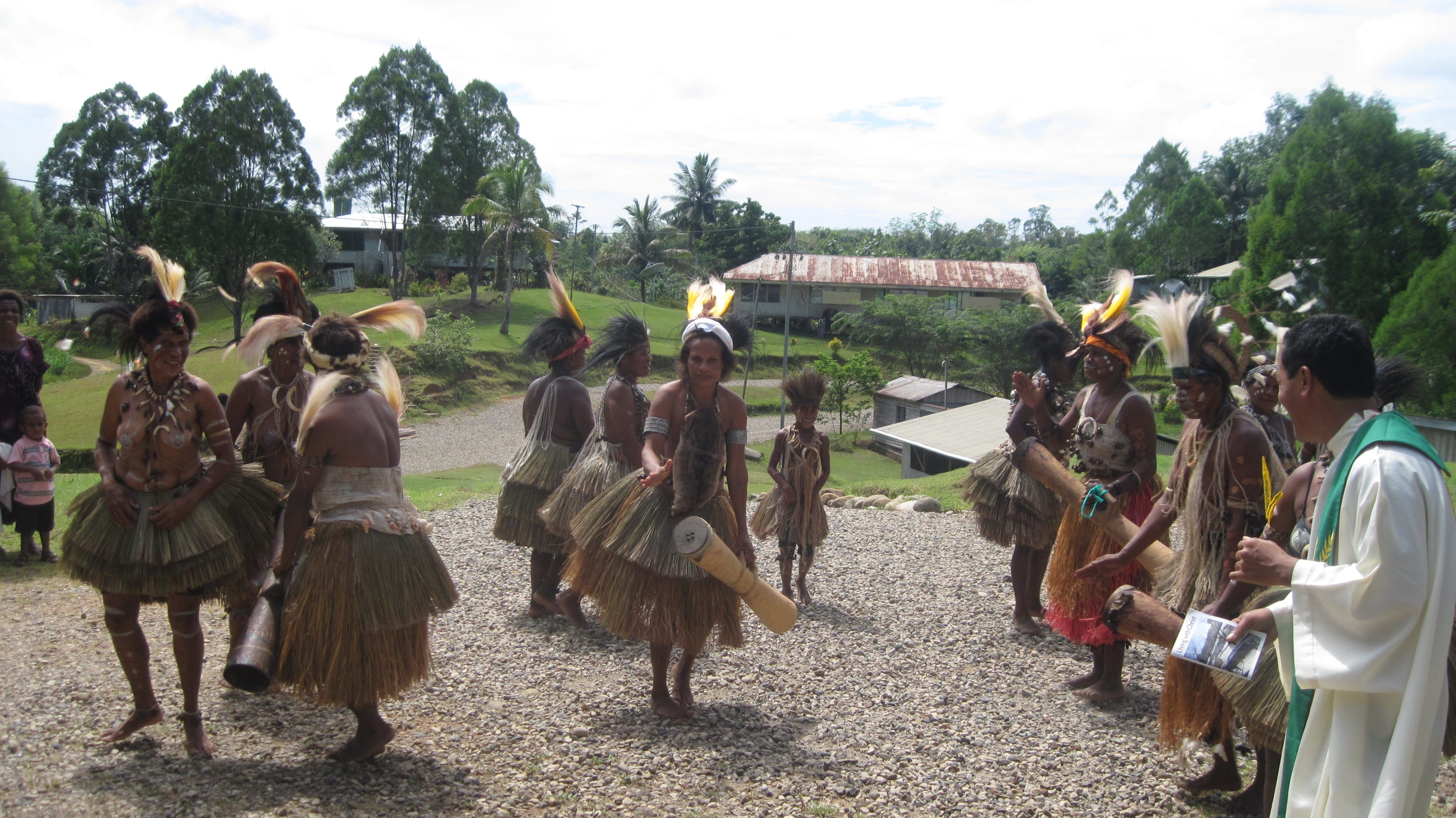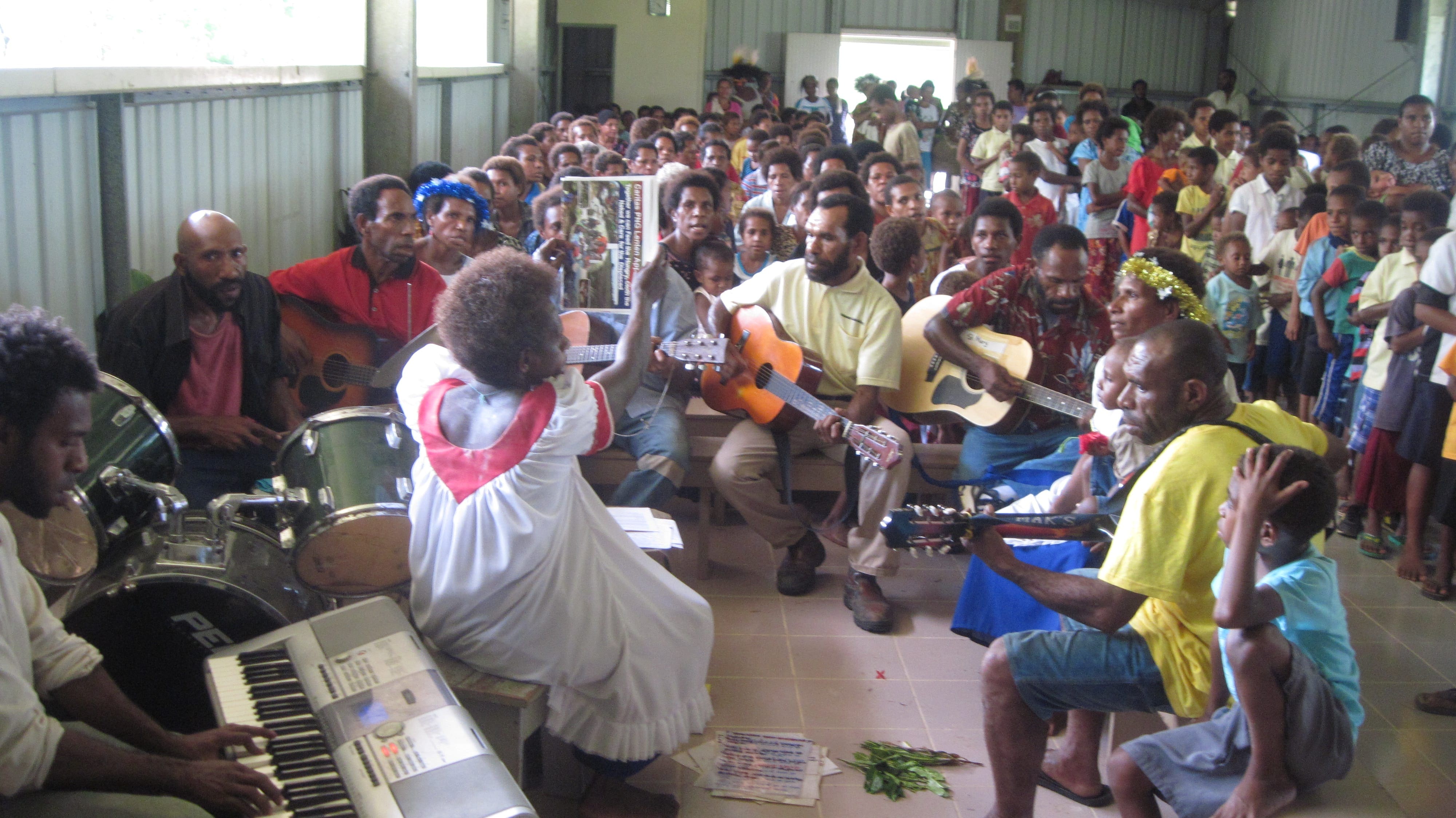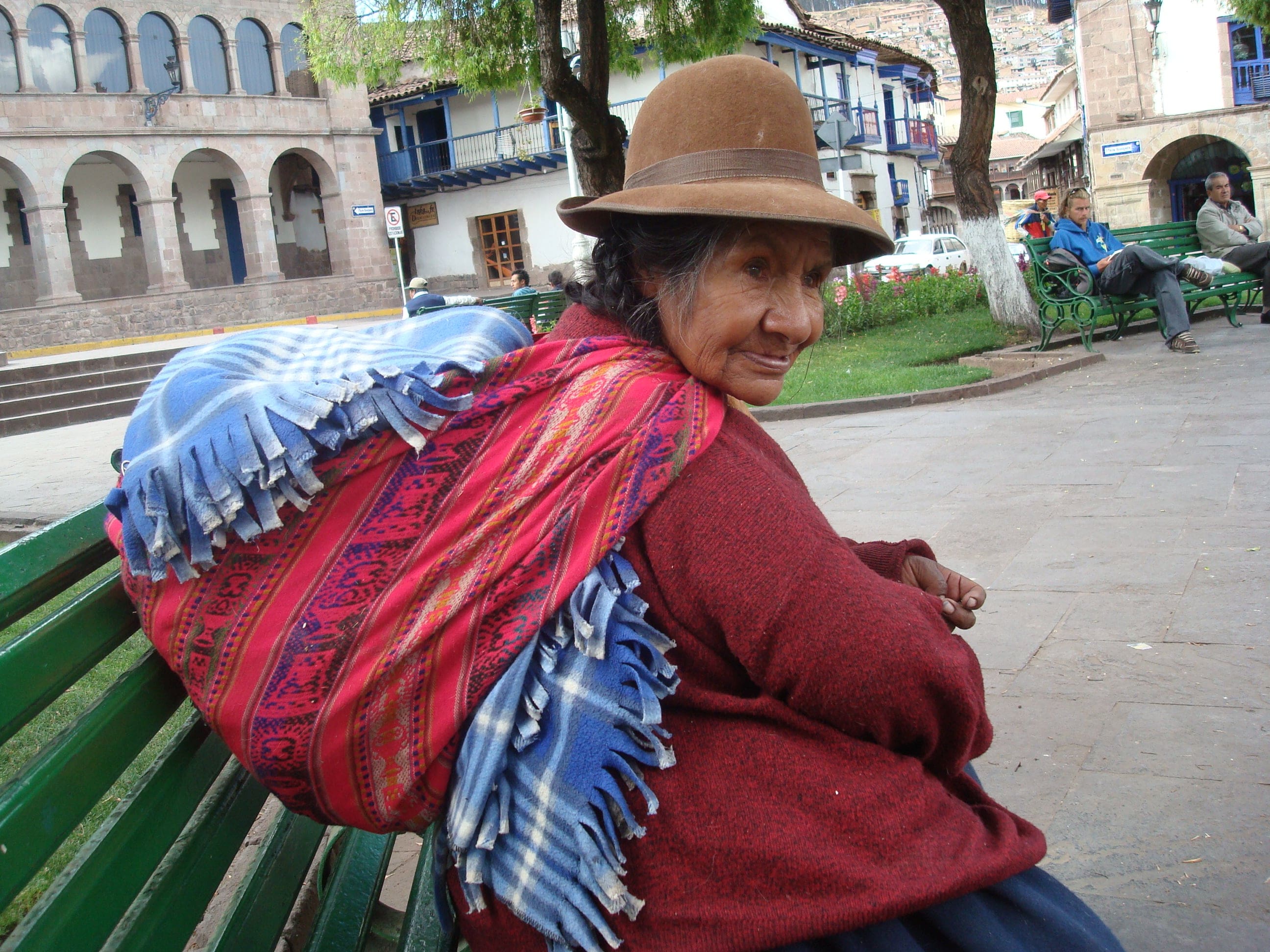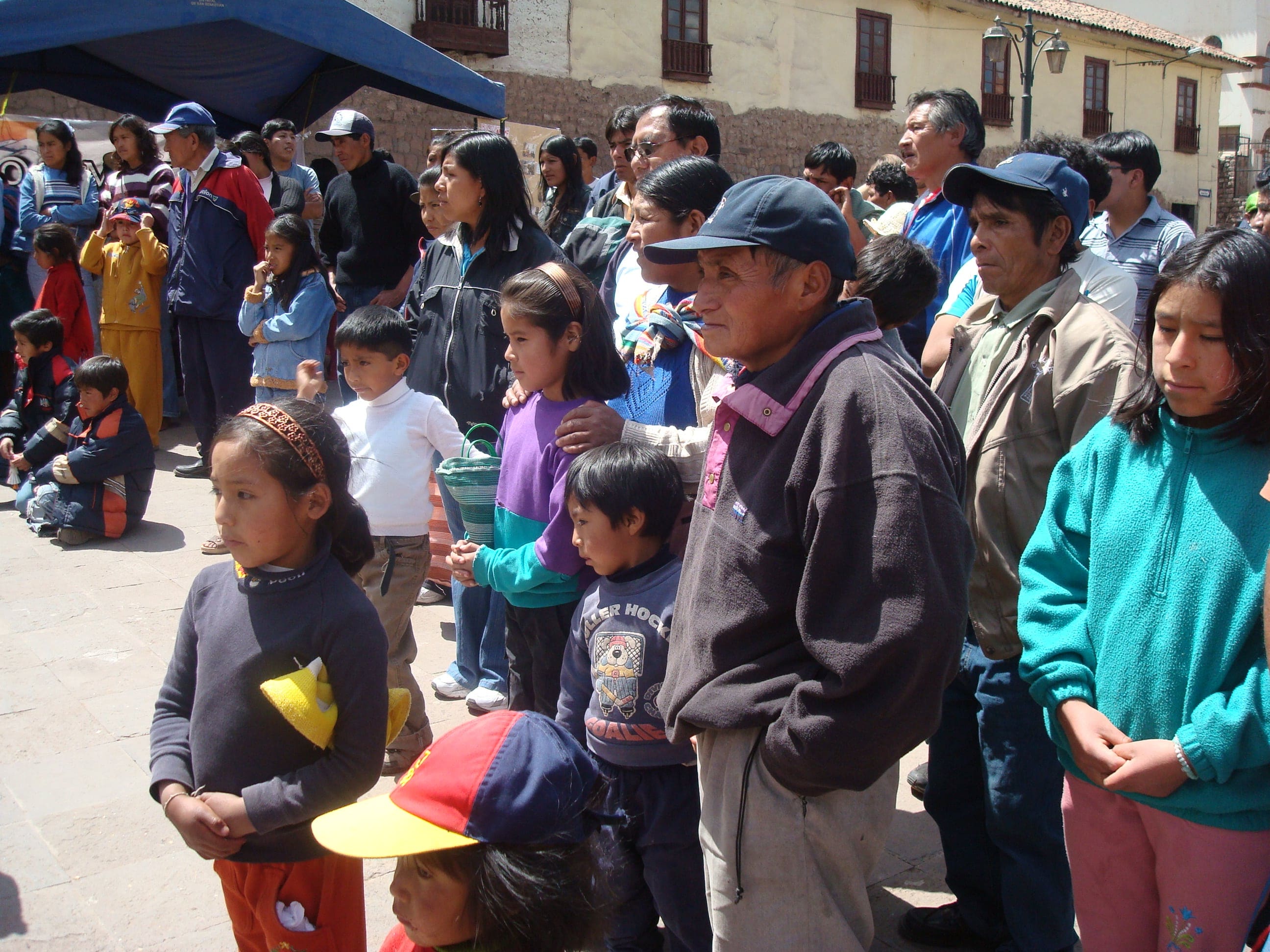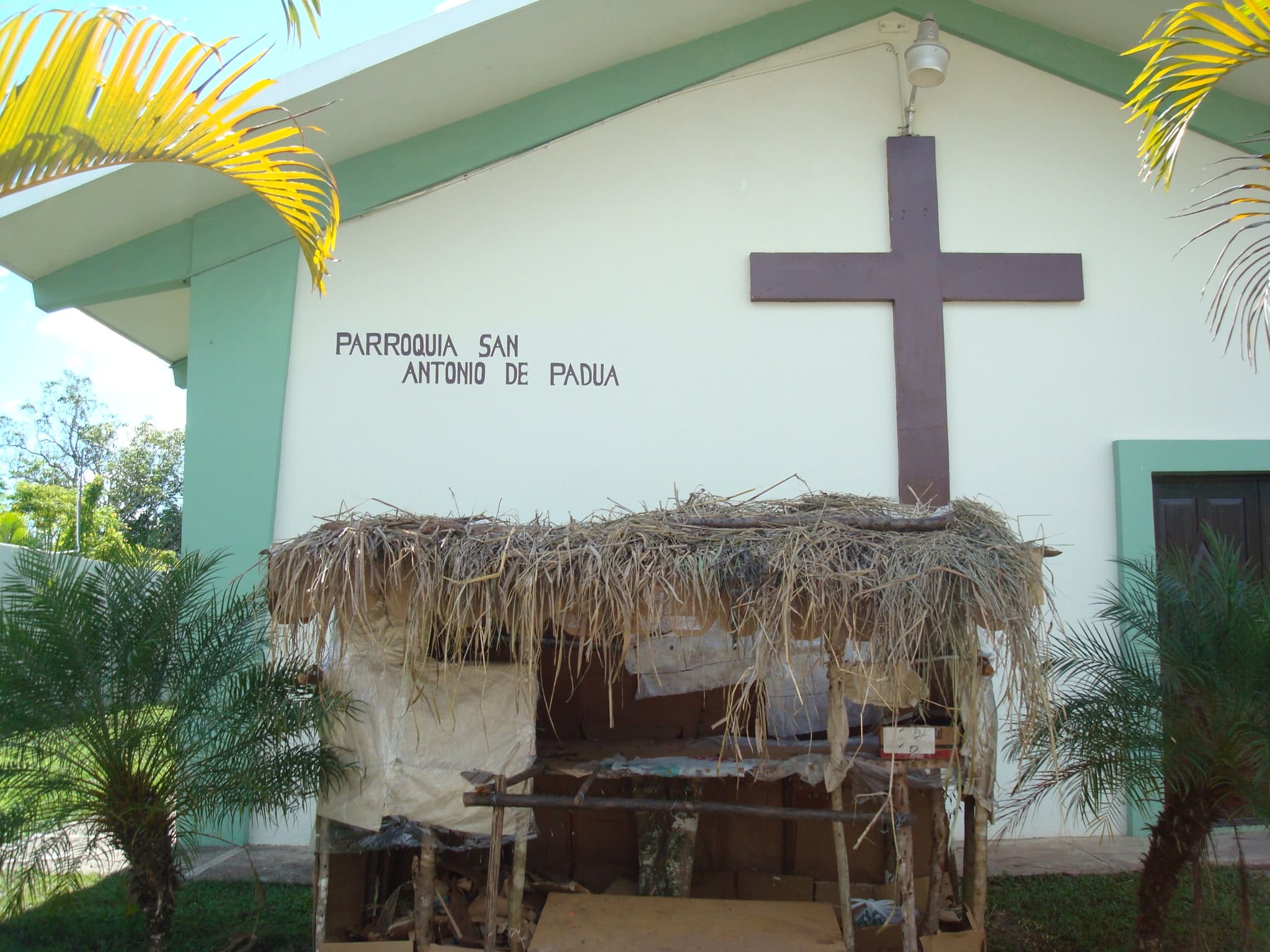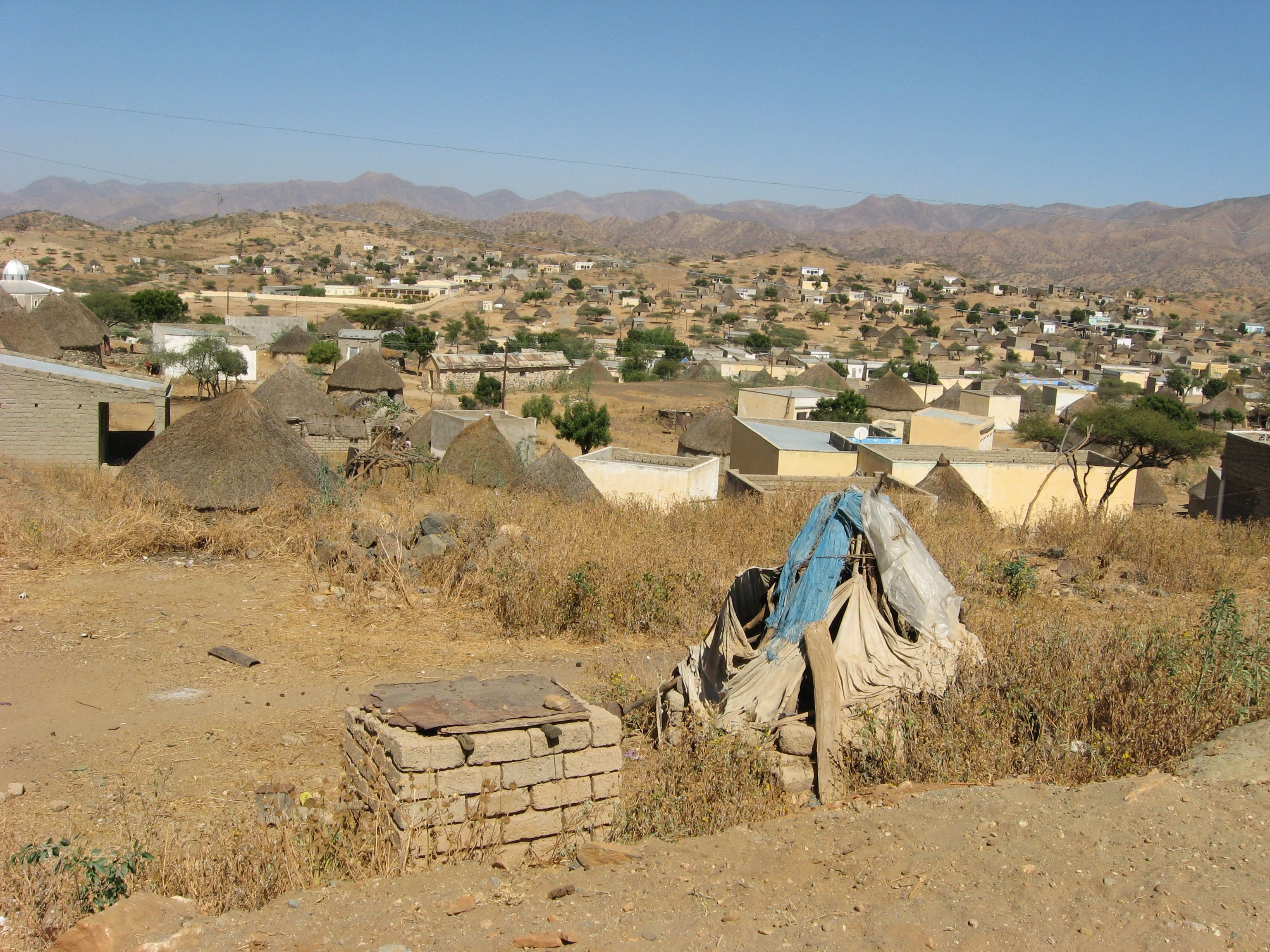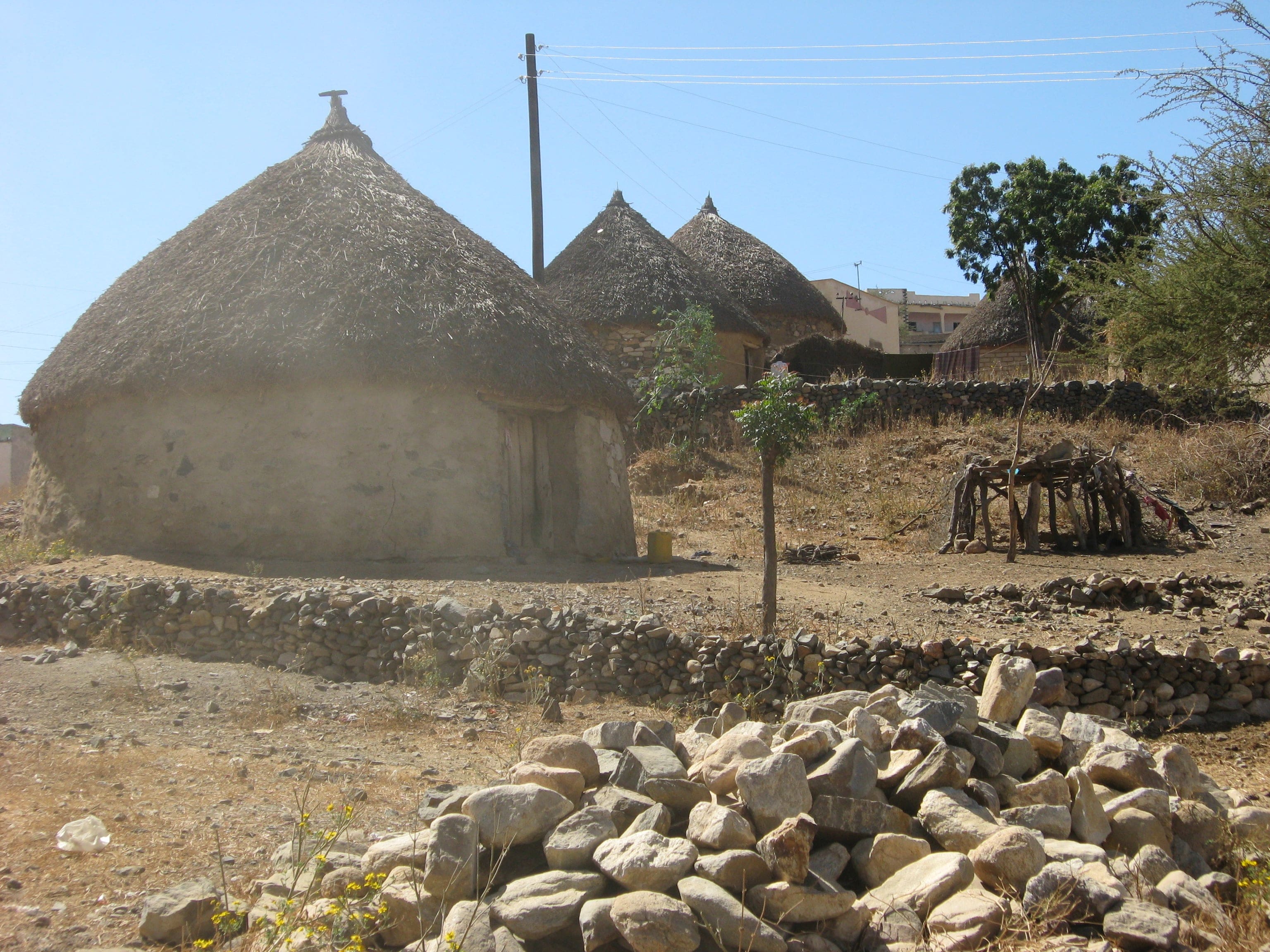By: Fr. Aarón Gutiérrez Nava, CM
Assistant General
From the Extraordinary Missionary Month to the Third World Day of the Poor on 17 November 2019, the central idea, in the life of us, Vincentians of the Congregation of the Mission, is constant and rigorous formation. For this reason, we wish to share with you the following article about the International Vincentian Missionary Formation Course at CIF in Paris. We want to keep the missionary spirit constant on all levels of the Little Company and give confreres, who cannot move, the opportunity to update and form themselves even from a distance.
The purpose of the extraordinary missionary month as defined by Pope Francis on the occasion of the 100th anniversary of the Maximum Illud was to rediscover the missionary dimension of our faith in Jesus Christ (Pope Francis, Message for World Mission Day 2019). The Pope’s message is entitled: Baptized and Sent … but the well-known texts about the missionary commissioning (cf. Matthew 28:19; Mark 16:15; Luke 24:47-48), with all their differences, highlight the need for a formation that will lead people to the faith, those people who listen to the proclamation/preaching of the missionaries. Jesus pointed out to the Apostles the urgency to teach and to make disciples of all nations … Every process of Christian formation must first consider if those being formed have made an option for Jesus Christ and then, from that perspective, encounter the meaning of God’s mission.
Mission is not simply one more activity among so many others with regard to the process of evangelization. The mission is God-given: the mission pertains to the Father who desires to save humankind; the mission pertains to the Son, the one sent forth by the Father in order to make known the kingdom of God to those who are distant from God; the mission pertains to the Spirit who is sent by Christ in the name of the Father to carry out His saving work inwardly and to impel the Church toward her proper expansion (Ad gentes, #4). The Blessed Trinity is the fountain from which the Congregation of the Mission drinks and nourishes it proper missionary nature (Constitutions, #77-78) and is perspective for forming the awareness of the missionaries. Mission must be developed under the sign of the perfection of charity (Constitutions, #11; Gaudete et Exsultate, #21; CCD:XI:142-143). Missionaries will fulfill the purpose of the Congregation when they assume, as their own, the dynamism of the Trinitarian mission.
The mission also pertains to the Church who is sent by Jesus Christ to continue his mission under the inspiration and the accompaniment of the Spirit (Constitutions, #10; cf. Evangelii Nuntiandi, #14). Therefore, the mission is at the center of the Christian and ecclesial life that nourishes the life of the baptized with its nutrient sap. Because all the members in the Congregation have been baptized, they are therefore called to holiness and sent forth: Each saint is a mission, planned by the Father to reflect and embody, at a specific moment in history, a certain aspect of the Gospel (Gaudete et Exsultate, #19). That text summarizes the purpose of missionary formation, namely, missionaries learn to be a reflection of the merciful face of the Father. Each missionary, the Church and the Congregation embody Jesus Christ, the missionary of the Father, the model and Rule of life with regard to service on behalf of the process of evangelization. These insights do not differ from the insights that Vincent de Paul passed on to the members of the Congregation (Constitutions, #5)
From an early age, those who are baptized should come to an understanding that every aspect of their activity is related to the mission. On-going formation will continually reaffirm that conviction. Mission is the present paradigm of the universal church and as such, we are reminded of Saint Vincent as the formator of missionaries. Forming missionaries is much more than offering an occasional presentation on missiology. Such formation is not merely a stage, but is a lifelong task (Constitutions, #81) … a task that takes into consideration the recommendations of the Second Vatican Council: As good ministers of Christ, those who are going to be sent to various nations should be nourished with the “words of faith and of good doctrine”. These they should draw principally from the sacred Scripture as they study the mystery of Christ, whose heralds and witnesses they will be. Therefore, all missionaries need preparation and training if they are not to be found wanting with regard to the demands of their future ministry (Ad Gentes, #26).
Vincentian missionary formation involves the whole life of an individual and implies making every effort to put on the spirit of Christ (Constitutions, #1.1.). Therefore, ready made solutions are not valid. If there is any area in which on-going conversion is necessary, it is the area of formation. Pope Francis affirms that each in his or her own way is to discover the manner in which God is calling them to clothe themselves anew in the spirit of Christ. Prefabricated molds restrict and hinder creativity. Missionaries are called to be creative in following the missionary of the Father. We must continually ask ourselves: how are we to prepare future missionaries so that they continue to give their life to Christ, evangelizing the poor (Constitutions, #1)? What are the means that we can offer to the seminarists so that they may be filled with the sensitivity and attitudes of Christ, indeed with his very spirit which is particularly clear in the examples from the gospels (Constitutions, #4)? How are we to ensure that future members of the Congregation are, to the very core of their being, missionaries?
In order to be good “witnesses” the Second Vatican Council insisted on forming missionaries in three fundaments aspect: [a] missionary theology, [b] missionary spirituality, [c] missionary methodology. Therefore, it is important that future missionaries in the Congregation know the Church’s teaching with regard to missionary activity, know the difference between mission and evangelization, learn its content and enter into communion with its purposes. They should also savor the paths that, throughout history, the messengers of the gospel have traveled and thus discover in the spirit of Jesus Christ, the interior and exterior attitudes of an evangelizer of the poor. They should also know to make their own spiritual experience a synthesis of that which the Lord wishes to speak to them through the life of other holy persons (Gaudete et Exsultate, #22). They must also learn to become engaged in the mission “in intimate union with Christ”. It is also important that they learn about the present situation of the mission and about the means that today are viewed as most effective for the transmission of the gospel. They should be well-informed about methodology so that they might be creative apostles with a clear pedagogy in the area of the theological life and a mystagogy capable of raising up new missionary-disciples in the midst of the communities where the Lord sends them (Constitutions, #78.2, 3, 4, 5). Missionaries should know how to encourage new disciples and how to awaken those who might have “fallen asleep” so that they collaborate in the evangelization of those who are poor (Constitutions, #79-81). In the Congregation we recall once again that following the example of Saint Vincent, our spirit and our ministries ought to nourish one another (Constitutions #8 and 77). In all of this we might say that
each confrere and each local community shall hear the urgent call to continued conversion and make efforts to respond to that call, in order to live out, as their own, the spiritual experience of Saint Vincent (Lines of Action of the 1986 General Assembly, #7 and 10).
From a very early age Vincent had the experience of forming young people who were entrusted to his care. Though he did this to earn money in order to continue his studies, we should, nevertheless, be able to find value in the formation of the human person. Vincent clearly understood this need for formation since on more than one occasion he stated that the depravity of the ecclesiastical state is the principal cause of the ruin of God’s Church (CCD:XI:279). Vincent was also most aware of the state of ignorance which could lead to the condemnation of the poor. The dignity of these unfortunate children of God, awakened Vincent’s missionary creativity. This holy founder spared no effort in providing on-going formation to priests and ordinands in order to help them make the gospel effective. He viewed this formation as necessary if his followers were going to engage in the process of evangelization. Vincent knew that formation, inspired by the missionary spirit of Jesus Christ, would produce visible, credible, and significant fruit … missionaries zealous for the gospel and inspired by the Spirit.
The deep concern that Vicente de Paul had for the formation of true apostles is, for us, sufficient motivation to put our best effort into forming ourselves for the mission, and thus being able to “help clerics and lay people in their formation”, to lead them “to a fuller participation in the evangelization of the poor.” If this is what we are requested to do for others, what does Saint Vincent expect us to do with regard to the missionary formation of our own future confreres in the Congregation?
Translated:
Charles T. Plock, CM
Eastern Province, USA
